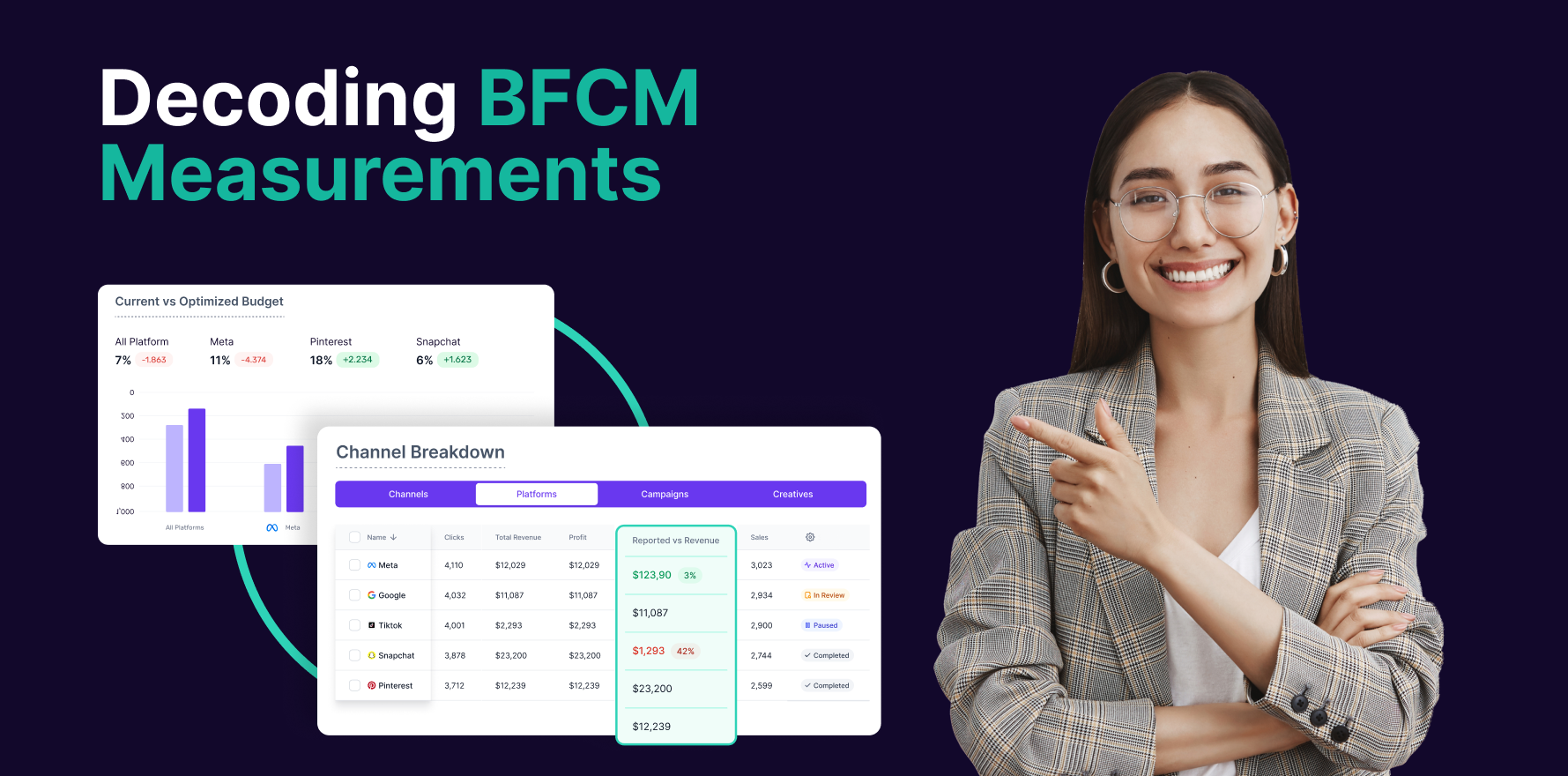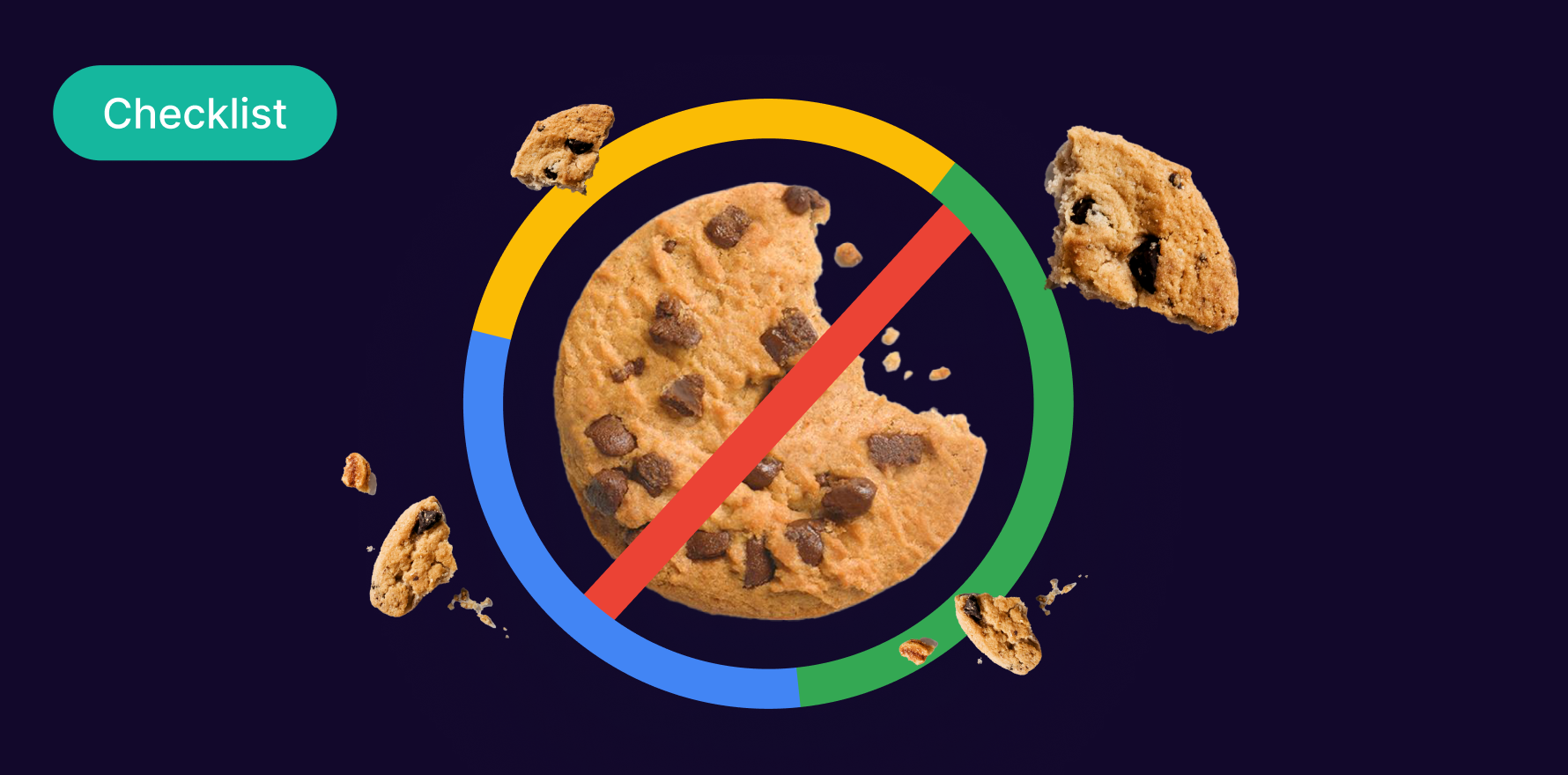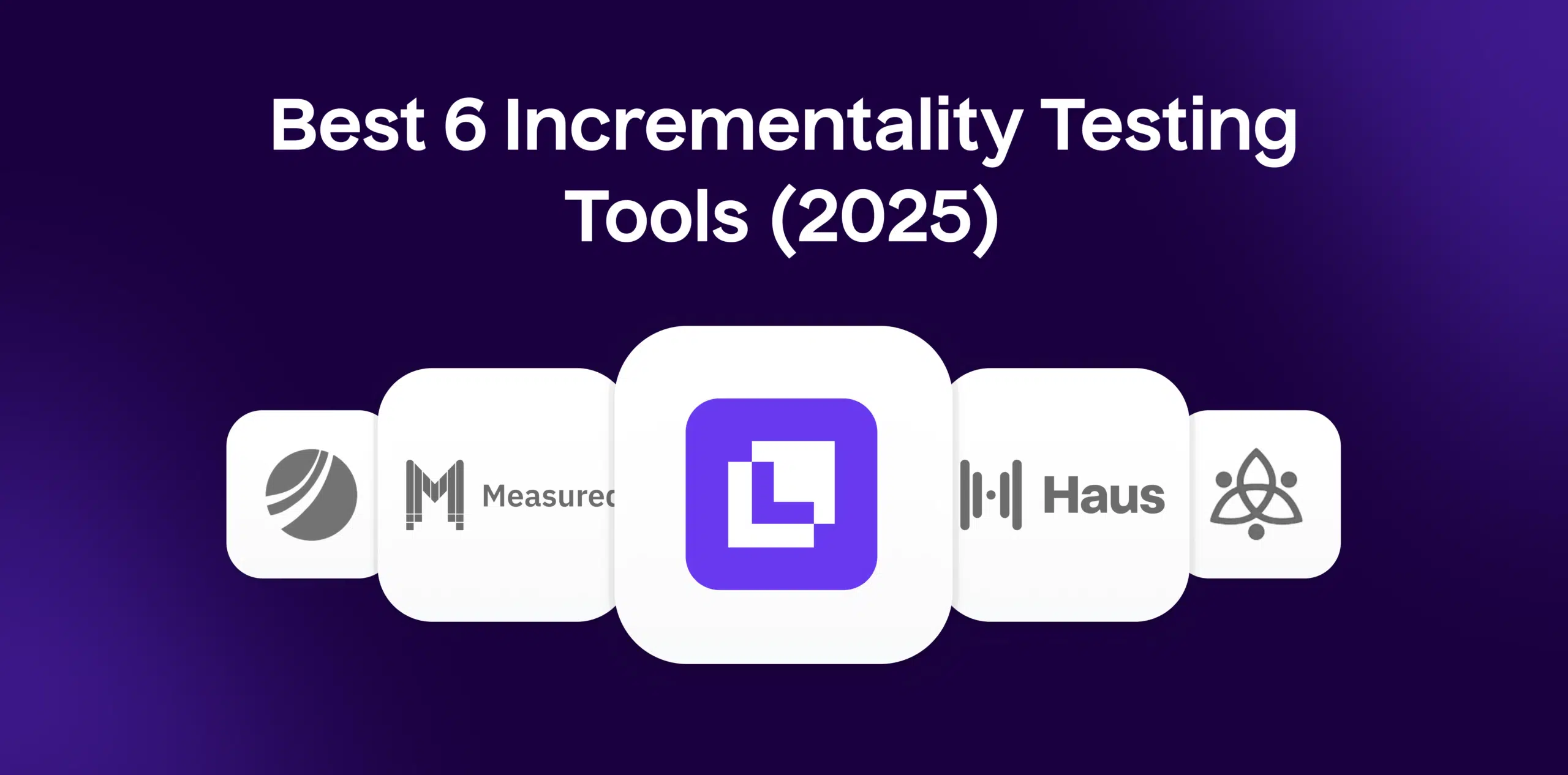What is Publisher?
In an ecommerce setting, a publisher refers to the part of the ecommerce ecosystem responsible for disseminating content related to a product or service to the end consumer. Publishers can include a wide array of entities such as advertisers, tech and media companies, blogs, social media channels, or even affiliates. Publishers play a pivotal role in enhancing the visibility of an ecommerce business, making it more accessible to potential consumers, and influencing the consumer’s purchasing decisions.
Formula
Given that a publisher’s role is content dissemination, there isn’t a specific mathematical formula applicable to it. However, the effectiveness of a publisher can be measured using various metrics like the reach of the content, engagement rate, click-through rate, conversion rate, or the overall ROI of a marketing campaign.
Example
If an ecommerce business launches a new product, it might collaborate with a popular blog that aligns with their product genre. The blog will publish articles, product reviews, or promotional content about the product, thereby acting as the ‘publisher’.
Why is Publisher important?
Publishers are integral to the success of ecommerce. They incite awareness, interest, and desire in potential consumers through the strategic placement of content. By presenting product information through engaging content, they influence purchase decisions. They also provide a platform for businesses to target specific audiences and demographics, optimize SEO, and enhance brand reputation and visibility.
Which factors impact Publisher?
Improving Publisher Efficacy:
- Quality Content: Produce engaging, informative content that resonates with the target audience.
- Consistency: Regularly publish content to maintain the consumer engagement.
- SEO Optimization: Use SEO strategies to increase the content visibility on search engines.
- Measuring Impact: Regularly monitor engagement and conversion metrics to assess the publisher’s effectiveness.
How can Publisher be improved?
- Content Quality: Poor content may not engage consumers effectively.
- Algorithm Changes: Changes in search engine algorithms can affect content visibility.
- Target Audience: Content should match the interests of the target market.
- Platform: The chosen publishing platform should align with the brand image and audience preferences.
What is Publisher’s relationship with other metrics?
The effectiveness of a publisher often impacts other ecommerce metrics. Increased visibility and consumer engagement can enhance metrics like traffic, conversion rates, and ultimately sales. Conversely, poor publishing strategy may result in reduced engagement, lower conversion rates, and lower overall revenue. A strong co-relation exists between the quality publishing and various integral ecommerce metrics indicating the importance of a strategic publishing approach.
Free essential resources for success
Discover more from Lifesight














